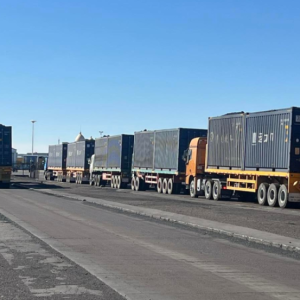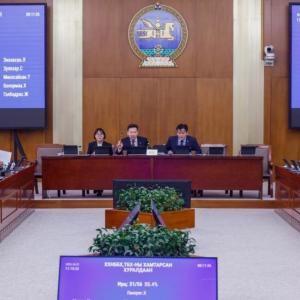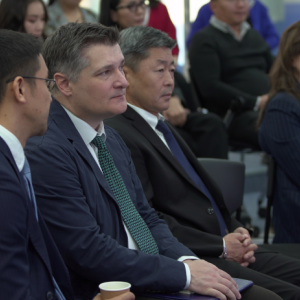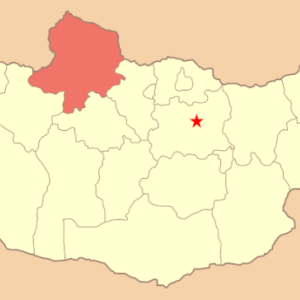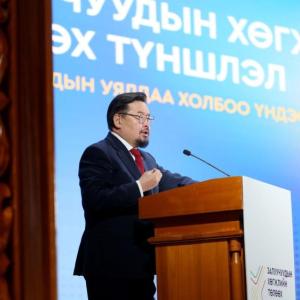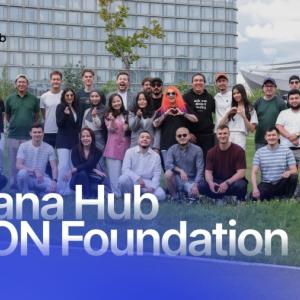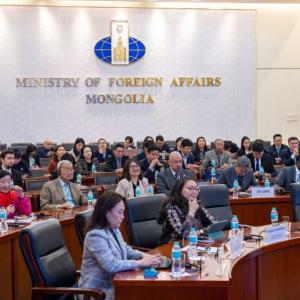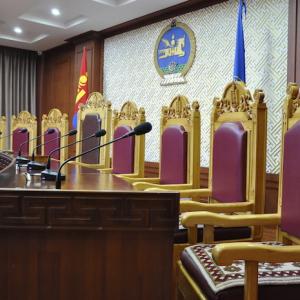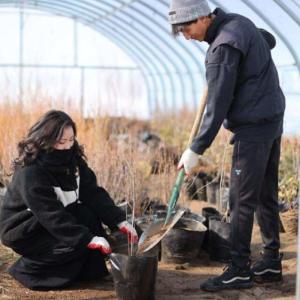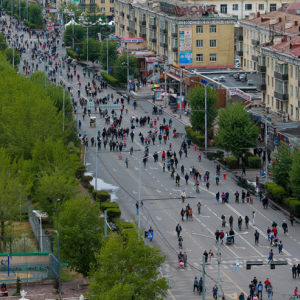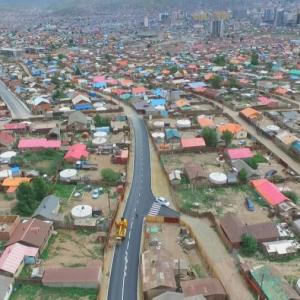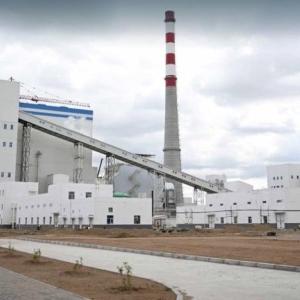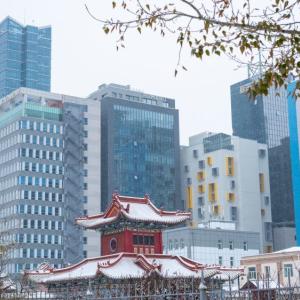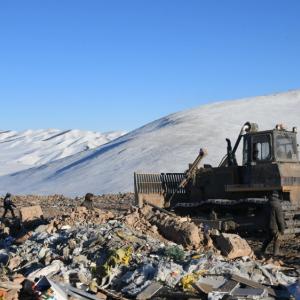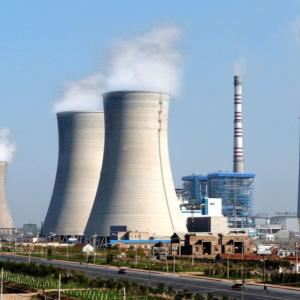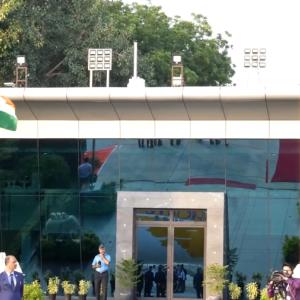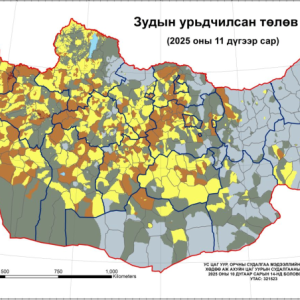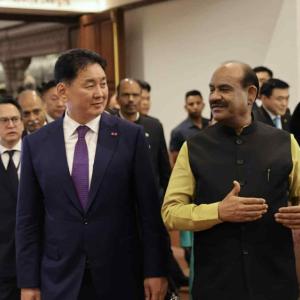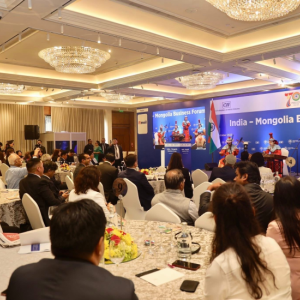Food supply issues discussed at Agriculture Ministers' Conference
Society
Ulaanbaatar /MONTSAME/ The International Green Week event was held virtually under the topic “How to feed the world in times of pandemics and climate change?” on January 18-22 in Berlin, Germany. Minister of Food, Agriculture and Light Industry Z.Mendsaikhan and State Secretary T.Jambaltseren attended the event which brought together agriculture ministers and high-level representatives of international organizations.
Hunger has been on the rise worldwide since 2014, with nearly 690 million people suffering from hunger prior to the COVID-19 pandemic, and that an estimated 2 billion people in the world do not have regular access to adequate food. At the same time at least 3 billion people do not have access to affordable healthy diets. This situation is caused by many challenges, such as poverty, increased inequalities, armed conflicts, economic downturns, depletion of natural resources and biodiversity loss, which often cause migration, and is being exacerbated by climate change and the COVID-19 pandemic.
Despite COVID-19, global food supply and international markets have been relatively stable, and are necessary to guarantee adequate functioning of supply chains under the rules governing international trade. The socio-economic consequences of the COVID-19 pandemic, including unemployment, income loss and difficulties in accessing food, may have forced up to 130 million more people into chronic hunger during 2020. Furthermore, approximately 7 million additional children under 5 may have developed acute undernutrition in 2020. The COVID-19 pandemic has ended a two-decade streak of global progress in poverty reduction and will have pushed up to 150 million people into extreme poverty by 2021.
UN Secretary General António Guterres has warned of an impending global food emergency as one of the consequences of the pandemic and has called for the global community to make greater efforts to improve food systems.
At the same time, climate change remains a global challenge of utmost importance, especially for the most vulnerable countries - those with delicate ecosystems, high biodiversity, those affected by coastal erosion, droughts, floods and those afflicted by poverty.
Against
this background, the forum attendees underscore the need to significantly
strengthen cross-sectoral, multilateral cooperation and solidarity to minimize
the impact of the current pandemic on food security and nutrition, to prevent
future pandemics and to mitigate and adapt to climate change while also
tackling other challenges such as biodiversity loss with joint actions.
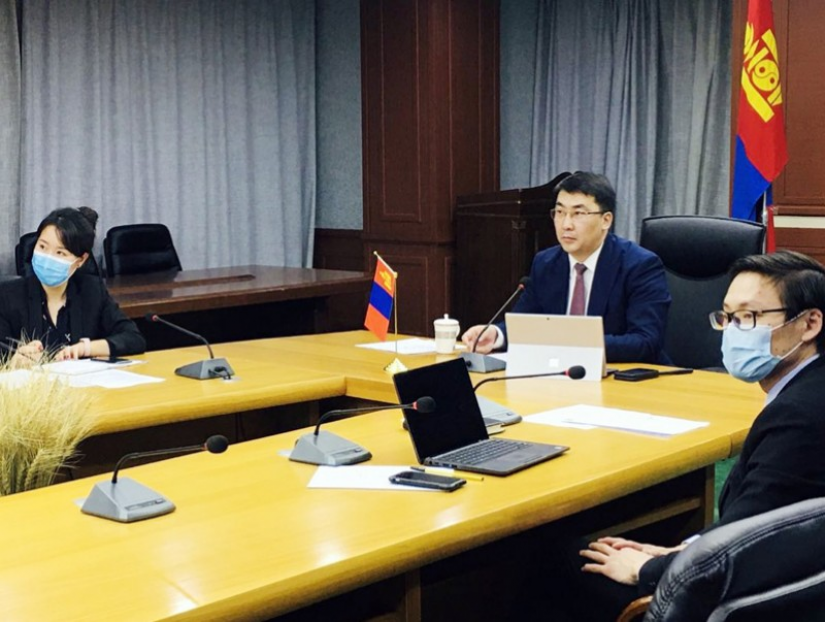
 Ulaanbaatar
Ulaanbaatar







